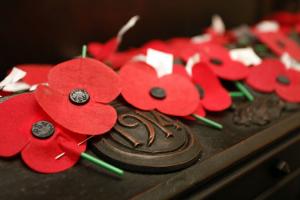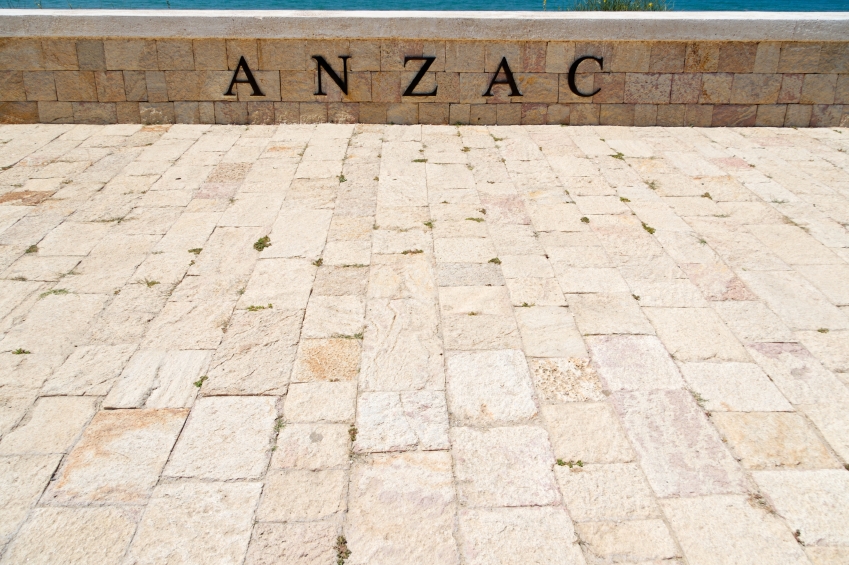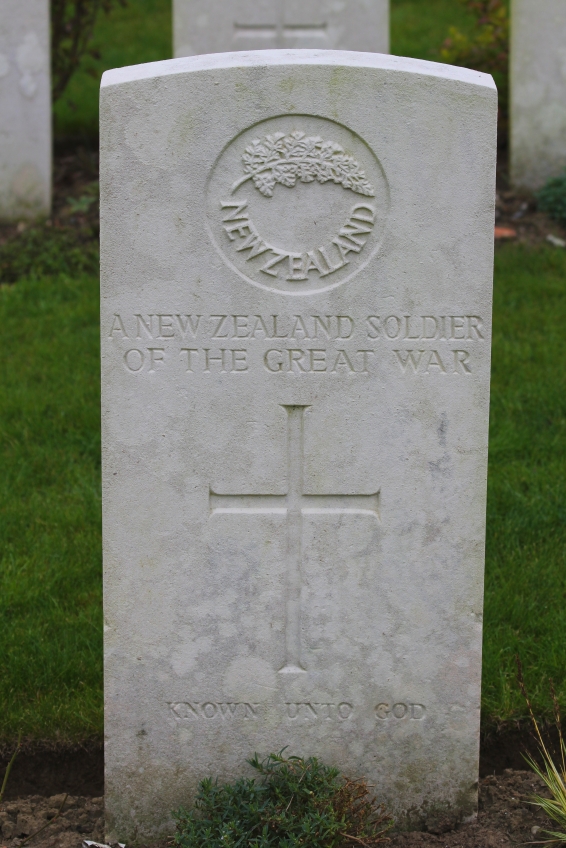Significance of Anzac Day

ANZAC stands for Australian and New Zealand Army Corps. April 25th marks the first major military action fought by the Australian and New Zealand forces during World War 1, at Gallipoli.
New Zealand and Australia mark the anniversary each year, remembering not only those who died at Gallipoli, but all who have served their country in times of war. Details on services the High Commission holds in London can be found under the appropriate section listed on the left hand side of this page. Details on services held outside of London will be added as we receive details from the various Parishes.

Gallipoli
In 1915, Australian and New Zealand soldiers formed part of the allied expedition that set out to capture the Gallipoli peninsula in order to open the Dardanelles to the allied navies. The ultimate objective was to capture Constantinople (now Istanbul in Türkiye), the capital of the Ottoman Empire, an ally of Germany.
The New Zealand Expeditionary Force, which left New Zealand in October 1914, combined with their Australian counterparts to form the Australian and New Zealand Army Corps (ANZAC). Along with some British units they mounted an amphibious expedition.
The Australian and New Zealand forces landed on Gallipoli on 25 April, meeting fierce resistance. The Gallipoli assault ended some eight months later as a saga of errors and horrors - the planners making the errors and the men enduring the horrors.
The infantry were not trained properly to land from the sea, were inadequately supplied with artillery shells, had no grenades, were without engineers or material for the construction of piers, were never fully supplied with other material and never reinforced quickly enough or in sufficient numbers.

The cost to New Zealand was 2,721 dead and 4,725 injured (some of whom subsequently died) - a staggering 88 per cent casualty rate.
New Zealand and Australia's reaction to the 'debt of suffering' was to establish Anzac Day as an annual day of commemoration on 25 April.
Although the Gallipoli campaign failed in its military objectives, the Australian and New Zealand actions during the campaign left a powerful legacy. The creation of what became known as the “Anzac legend” has become an important part of the identity of both nations.
More information about Anzac Day can be found at http://www.anzac.govt.nz/(external link)

